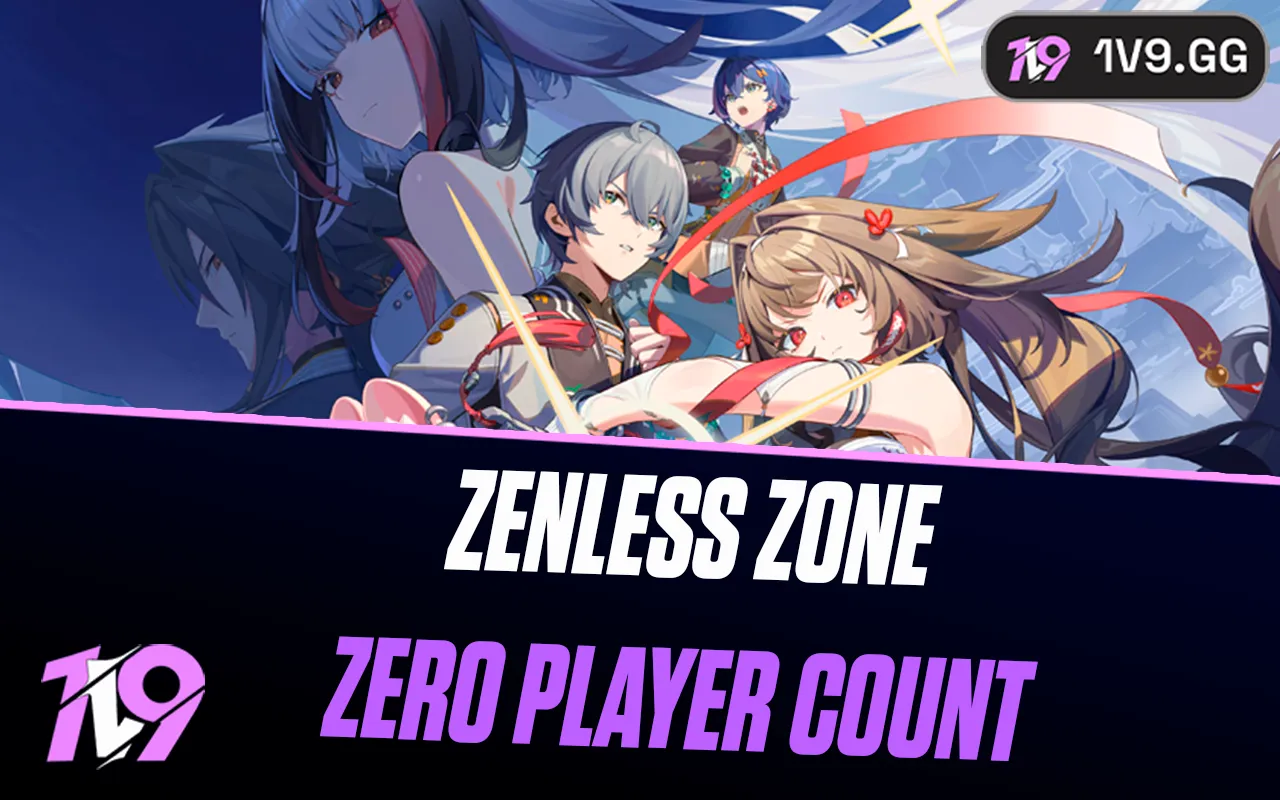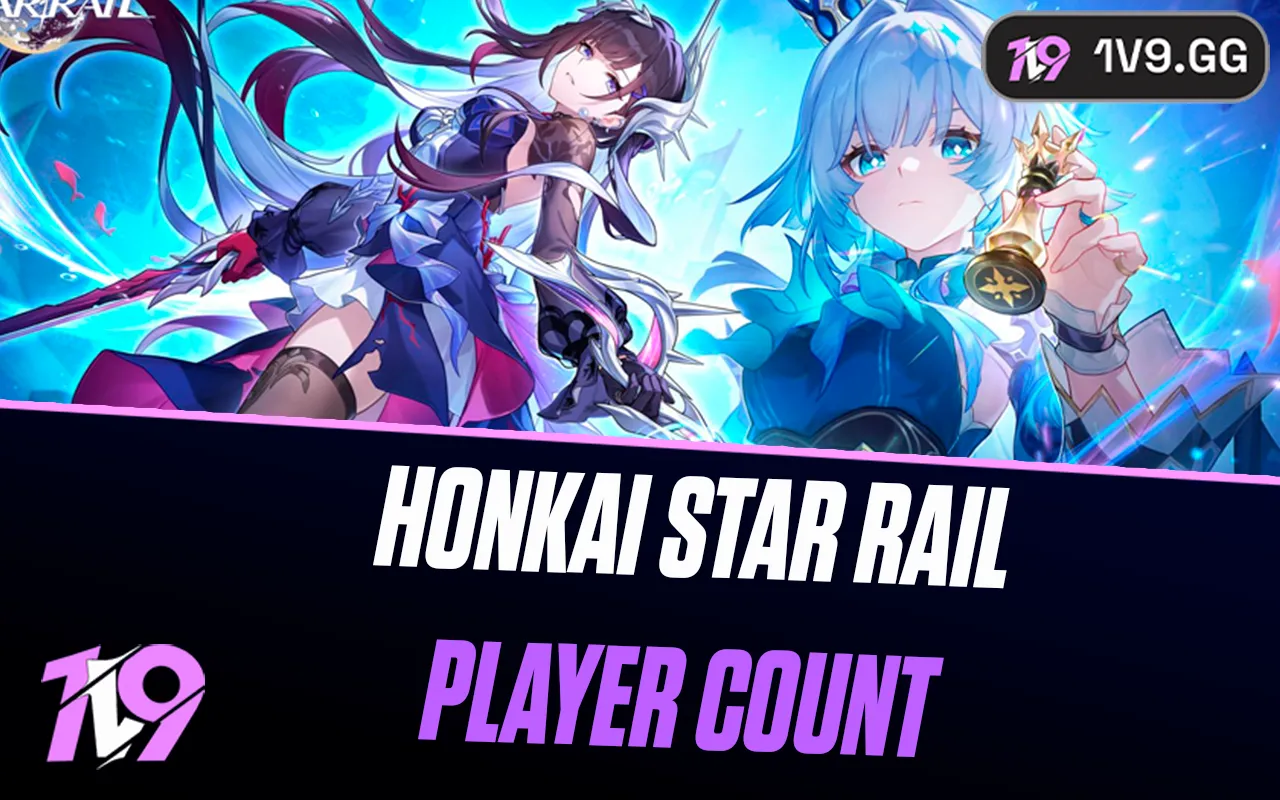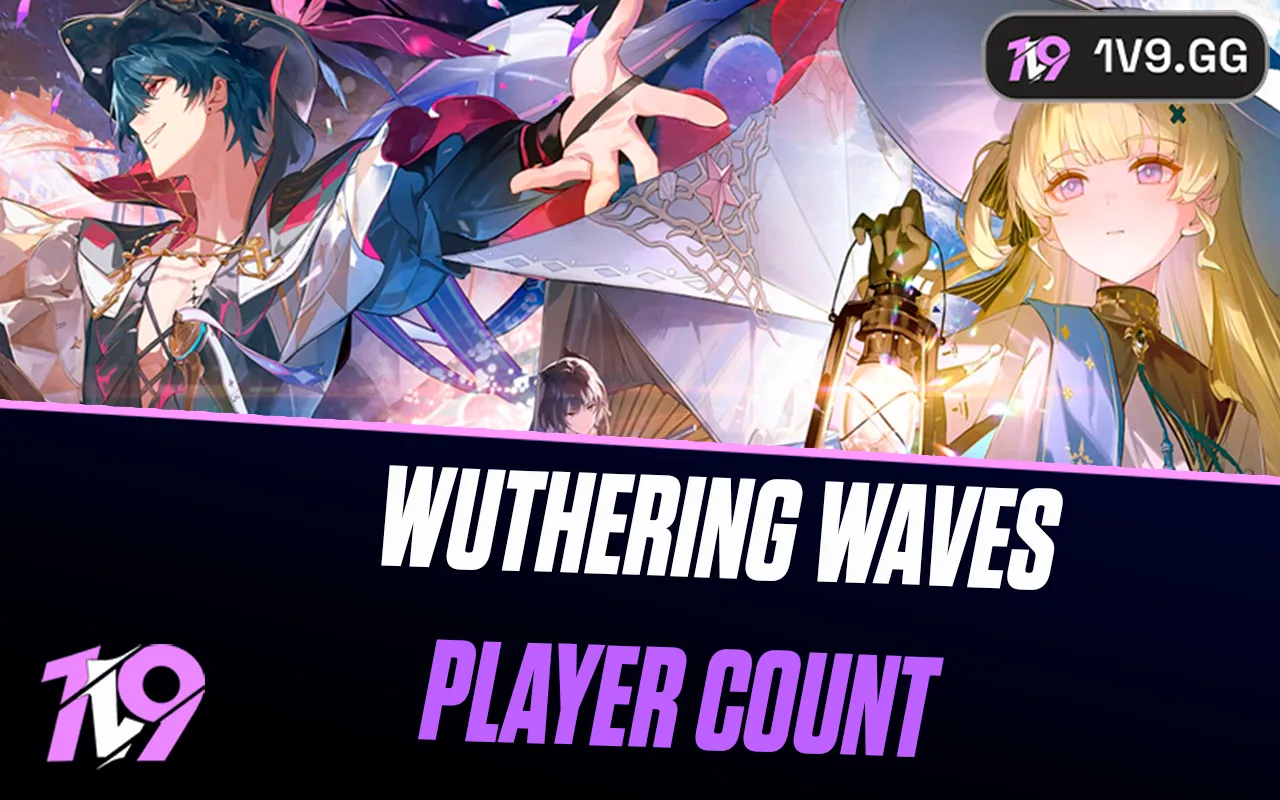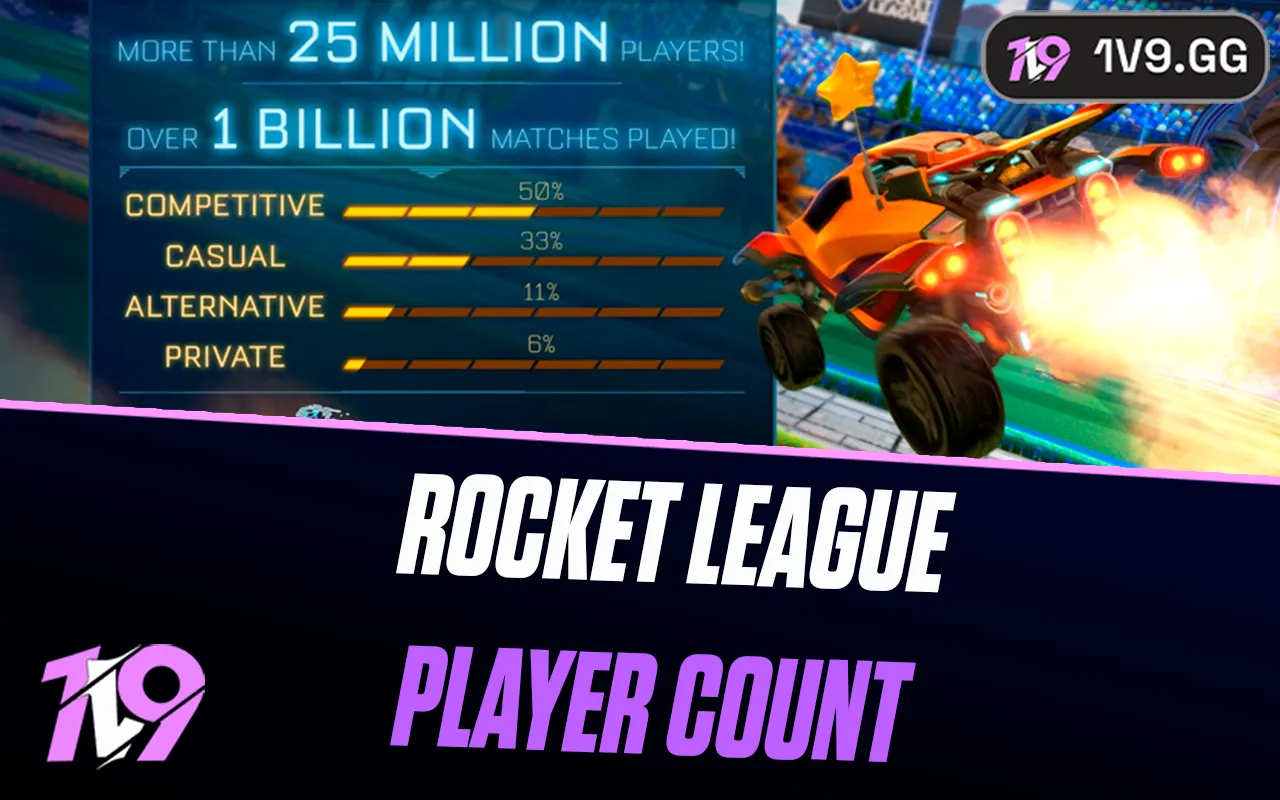- Home
Games
 League of Legends
League of Legends Valorant
Valorant-a6d5b3e156bb.webp) Fortnite
Fortnite Call of Duty
Call of Duty Clash of Clans
Clash of Clans GTA 5
GTA 5 Counter-Strike 2
Counter-Strike 2 Roblox
Roblox Rainbow Six Siege
Rainbow Six Siege Clash Royale
Clash Royale Minecraft
Minecraft Dota 2
Dota 2 Rocket League
Rocket League Genshin Impact
Genshin Impact Squad Busters
Squad Busters Rust
Rust Apex Legends
Apex Legends Pokemon Go
Pokemon Go XDefiant
XDefiant Hay Day
Hay Day LoL: Wild Rift
LoL: Wild Rift Diablo 4
Diablo 4 World of Warcraft
World of Warcraft Destiny 2
Destiny 2 FC 25
FC 25 Marvel Rivals
Marvel Rivals-9ede9dc6b01b.webp) PUBG Mobile
PUBG Mobile The Finals
The Finals Deadlock
Deadlock Forza Horizon 5
Forza Horizon 5 Growtopia
Growtopia Honkai: Star Rail
Honkai: Star Rail 8 Ball Pool
8 Ball Pool Warframe
Warframe Zenless Zone Zero
Zenless Zone Zero Runescape 3
Runescape 3 Path of Exile
Path of Exile Raid: Shadow Legends
Raid: Shadow Legends Lost Ark
Lost Ark WoW: Classic Era
WoW: Classic Era Summoners War
Summoners War WoW: Season of Discovery
WoW: Season of Discovery WoW Cataclysm
WoW Cataclysm WoW: Hardcore
WoW: Hardcore Throne and Liberty
Throne and Liberty New World
New World Mobile Legends
Mobile Legends Escape From Tarkov
Escape From Tarkov Path of Exile 2
Path of Exile 2 Blade Ball
Blade Ball Fisch
Fisch Pet Simulator 99
Pet Simulator 99 Pets Go
Pets Go-d8bcef7708c7.webp) One Piece Bounty
One Piece Bounty Anime Adventures
Anime Adventures Blox Fruits
Blox Fruits Adopt Me
Adopt Me Murder Mystery 2
Murder Mystery 2 Fragpunk
Fragpunk Wuthering Waves
Wuthering Waves Free Fire
Free Fire Teamfight Tactics
Teamfight Tactics Albion Online
Albion Online Black Desert Online
Black Desert Online Honor of Kings
Honor of Kings Brawl Stars
Brawl Stars Arena of Valor
Arena of Valor Call of Duty: Mobile
Call of Duty: Mobile Rematch
Rematch Steal a Brainrot
Steal a Brainrot Grow a Garden
Grow a Garden FC 26
FC 26 Plants vs Brainrots
Plants vs Brainrots Old School Runescape
Old School Runescape Overwatch
Overwatch Battlefield
Battlefield Arc Raiders
Arc Raiders Dragon Ball Legends
Dragon Ball Legends Fallout 76
Fallout 76 Jailbreak
Jailbreak Type Soul
Type Soul GPO
GPO DonutSMP
DonutSMP Escape Tsunami For Brainrots
Escape Tsunami For Brainrots Watcher of Realms
Watcher of Realms Roblox Rivals
Roblox Rivals- Lootboxes
- Become Affiliate
- Blog
- Contact Us
- Sign In
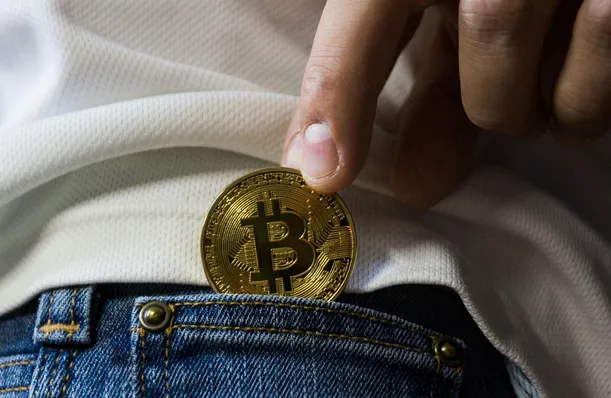
How Cryptocurrency is Reshaping the Gaming Experience
Gaming just got a massive upgrade. Cryptocurrency has walked into the gaming world and changed everything - from how players buy in-game items to how they actually own their digital assets. This isn't just about new payment methods anymore.
The shift goes deeper than most people realize. Players can now truly own their game items, trade them across different games, and even earn real money while playing. Traditional gaming companies kept everything locked in their ecosystem. Crypto gaming breaks those walls down and puts power back in players' hands.
True Digital Ownership Through NFTs
Players have spent billions on in-game items that disappear when servers shut down or companies change policies. NFTs flip this model completely. When you buy a sword or character skin as an NFT, you actually own it - not the game company.
This ownership extends beyond single games. Your rare weapon from one RPG could potentially work in another game that supports the same standards. Developers are building bridges between gaming worlds, creating a connected ecosystem where your digital assets have real value and portability..
Some of the most successful examples come from games like Axie Infinity and The Sandbox, where players trade creatures and virtual land for thousands of dollars. The earnings from these games are real crypto assets that need secure management.
A player might hold their core gaming tokens while also investing in memecoins like Dogecoin. Managing these different assets securely is crucial, prompting players to search for the best wallets to buy Dogecoin and other digital currencies to protect their investments.
Play-to-Earn: Gaming as Income
The old model was simple: buy games, play games, have fun. The new model adds "earn money" to that list. Play-to-earn games reward skilled players with cryptocurrency tokens they can cash out for real money.
Players in developing countries now have the opportunity to make more money from gaming than from their traditional jobs. Professional gamers aren't just tournament winners anymore - they're entrepreneurs running digital businesses. This creates entire economies around games, with players, investors, and traders all participating.
The earning potential varies wildly. Casual players might make coffee money, while dedicated players can earn full-time incomes. The key difference from traditional gaming? The time you invest builds real wealth instead of just entertainment value.
Revolutionary Payment Systems
Crypto payments solve gaming's biggest friction points. No more waiting for bank transfers or dealing with international payment restrictions. Transactions happen instantly, fees stay low, and players from anywhere can participate equally.
The technology eliminates chargebacks that plague traditional game companies. Once a crypto payment goes through, it's final. This reduces costs for developers and creates more stable gaming economies. Players benefit from lower prices and faster transactions.
Key advantages of crypto payments in gaming:
- Instant global transactions without geographic restrictions
- Lower fees compared to traditional payment processors
- Enhanced privacy and security for player transactions
- Elimination of chargebacks and payment disputes
- Simplified cross-border gaming experiences
Decentralized Gaming Economies
Traditional games control their economies like dictators. They set prices, control supply, and can change rules overnight. Decentralized games run on smart contracts that operate by predetermined rules no single entity can change.
Players participate in governance decisions about game updates, economic changes, and new features. This democratic approach creates more stable and fair gaming environments. When players have a voice in game development, the results better serve the gaming community.
Market forces determine item values instead of corporate boardrooms. Rare items become truly rare because the blockchain enforces scarcity. Popular items increase in value based on player demand, not artificial manipulation by game companies.
Cross-Platform Asset Integration
The holy grail of gaming has always been universal compatibility. Crypto technology makes this possible by creating standardized formats for digital assets. Your character progression, rare items, and achievements can potentially transfer between compatible games.
Imagine leveling up a character in one RPG and importing that progress into a completely different game. Or using your favorite weapon skin across multiple shooting games. This interoperability creates more value for players and encourages deeper investment in digital assets.
Benefits of cross-platform integration:
- Assets retain value even when specific games shut down
- Players build portfolios of valuable digital items
- Increased competition between games benefits players
- Reduced vendor lock-in creates more gaming choices
- Higher return on investment for in-game purchases
As platforms continue expanding their services and competitive gaming strategies change, the integration of cryptocurrency becomes more seamless and accessible to mainstream gamers.
Enhanced Security and Fraud Prevention in Online Gaming
Online gaming has always faced challenges with fraud and insecure transactions. Modern platforms dramatically reduce these risks by creating transparent, verifiable records for all trades and asset ownership. This framework makes it significantly harder for bad actors to duplicate items, compromise accounts, or manipulate the game's economy.
These platforms often use escrow-based systems to oversee processes that once required trusting a stranger. When a player completes a purchase or a trade, the exchange is handled by a secure system that eliminates the possibility of human error or dishonesty. This creates a far more trustworthy gaming experience for both buyers and sellers.
This level of transparency also empowers players to make informed decisions. They can track market trends, review seller histories, and verify the authenticity of rare collectibles before making a purchase. Access to reliable data ensures that players are investing their time and money wisely on a secure platform.
Regulations and Future Outlook
Government agencies are paying attention to crypto gaming's rapid growth. The SEC's crypto task force actively monitors how digital assets integrate with gaming platforms to ensure player protection while fostering innovation.
This regulatory attention isn't necessarily negative. Clear guidelines help legitimate gaming companies build better products while protecting players from scams and fraud. The industry needs standards to reach mainstream adoption, and government involvement often provides that framework.
Future developments will likely focus on easier user experiences, better cross-game compatibility, and stronger consumer protections.
Conclusion
Cryptocurrency has fundamentally changed what gaming can be. Players now own their digital assets, earn real income from their skills, and participate in truly global gaming economies. This shift from entertainment-only to economic opportunity represents the biggest change in gaming since the internet itself.
The next few years will determine whether crypto gaming becomes the new standard or remains a niche market. Based on current adoption rates and player enthusiasm, the smart money is on crypto gaming changing the entire industry - and players are already reaping the benefits.
Posted On: December 31st, 2023
Recent Articles
💬 Need help?
Our 1v9 support team is available 24/7 to help you with any questions or issues you may have.
support@1v9.gg
Loading...
1v9.gg is not endorsed or affiliated by any game developers or publishers.
2025 1v9, All Rights Reserved, Created By NightDev

